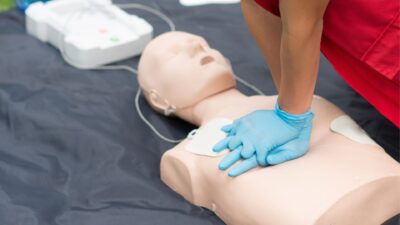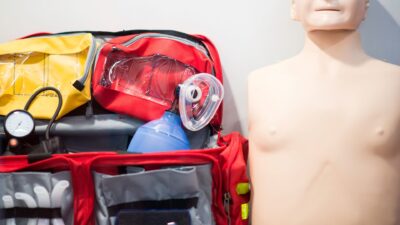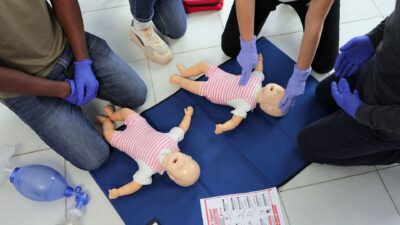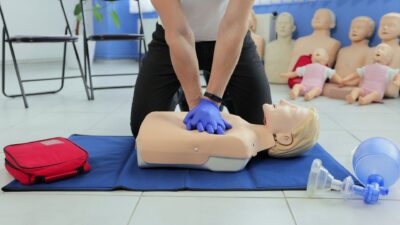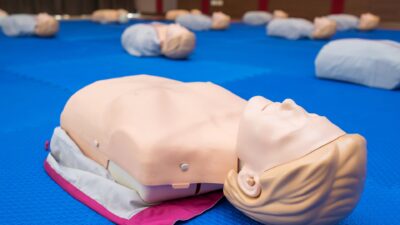
Unlocking the Potential: CPR Certification for Fitness Instructors
TL;DR: CPR and First Aid certification are essential skills for fitness instructors, ensuring they can handle emergencies like choking or cardiac arrest. Certified instructors can recognize medical distress signs, provide life-saving interventions, and enhance client safety and confidence. For fitness instructors, CPR certification is crucial for client trust and safety. Contact CPR Certification Wesley Chapel…
Read More


